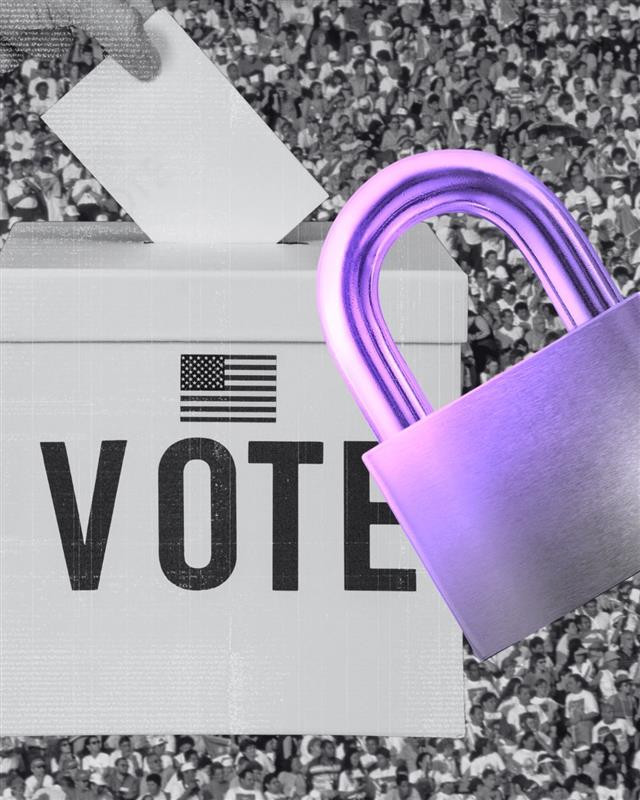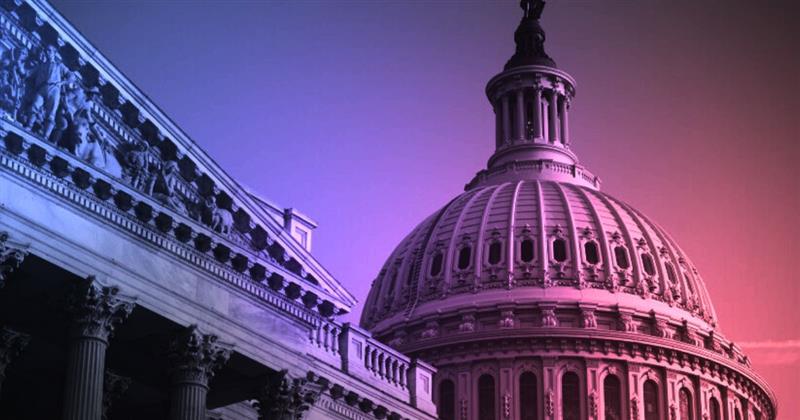Voters Rejected Big Government—Will Either Party Learn the Lesson?
The Big Picture
The 2024 election was always going to be a referendum on the economy. While social issues like reproductive rights were important, voters saw this election as their first opportunity to weigh in on the post-COVID economy and government spending.
The results were clear: Americans rejected big government policies. The Biden administration’s massive spending programs, aggressive regulations, and expansion of government intervention failed to translate into real-world improvements for most voters. Instead, they chose Trump and the GOP’s promises to prioritize the private sector, reduce regulations, and cut taxes.
Yet, both parties should be cautious. Independents and swing voters did not vote for a rebranded version of big government policies in red. The party that first recognizes this reality—and avoids heavy-handed government intervention—will retain independent voters’ support.
Zooming In
Voters See a Disconnect Between the Economy and Their Lived Experience
- Democrats point to positive macroeconomic indicators—record-low unemployment, slowing inflation, and GDP growth.
- Voters see skyrocketing costs—groceries, rent, mortgages, healthcare, and insurance premiums are all significantly higher.
- The Biden administration’s big spending programs—like the Inflation Reduction Act—failed to deliver tangible benefits to most Americans.
Government Growth vs. Private Sector Growth
- Federal government jobs have grown at double the rate of private sector jobs since December 2022, according to Mises Institute.
- Green energy subsidies disproportionately benefited corporations and consultants rather than working-class Americans.
- Contrast this with Trump’s 2017 tax cuts, which resulted in faster wage and economic growth across the private sector.
Swing Voters Chose Private Sector Growth Over Government Control
- Trump’s economic policies in his first term are still fresh in voters’ minds. The pre-COVID economy was booming, and Americans associate that period with prosperity.
- Biden’s high spending, high debt, and high deficit approach failed to resonate—especially among working-class, Latino, and Black voters.
- Voters don’t want government-run solutions—they want the freedom to make choices for themselves.
Republicans Must Avoid Big Government Traps
- Tariffs, distortionary tax cuts, and culture war policies could quickly turn off new Trump voters.
- Swing voters didn’t endorse a shift from big government in blue to big government in red. They want a leaner, more efficient government that enables economic growth rather than controls it.
- The GOP’s challenge: Can they maintain the support of independents without falling into the same heavy-handed government policies they criticized?
Data Snapshot
- Government jobs grew twice as fast as private sector jobs from December 2022 to December 2023 (Mises Institute).
- Trump’s 2017 tax cuts boosted private sector wages and economic growth—a policy many voters still remember favorably.
- Biden’s spending programs failed to generate widespread economic benefits, despite record-high federal spending.
Independent Lens
The 2024 election wasn’t about partisan loyalty—it was about rejecting big government overreach. Voters chose Trump over Biden because they saw a clearer path to economic recovery through less government control and more private sector growth.
However, this was not a blank check for the GOP. Swing voters don’t want big government from either party—whether it comes in the form of tariffs, restrictive social policies, or heavy-handed economic interventions.
The party that understands this first will keep the support of independents. The one that ignores it will lose them in the next election.
Subscribe to our newsletter to stay updated on independent voter insights and political trends.


.jpeg)


.jpg)